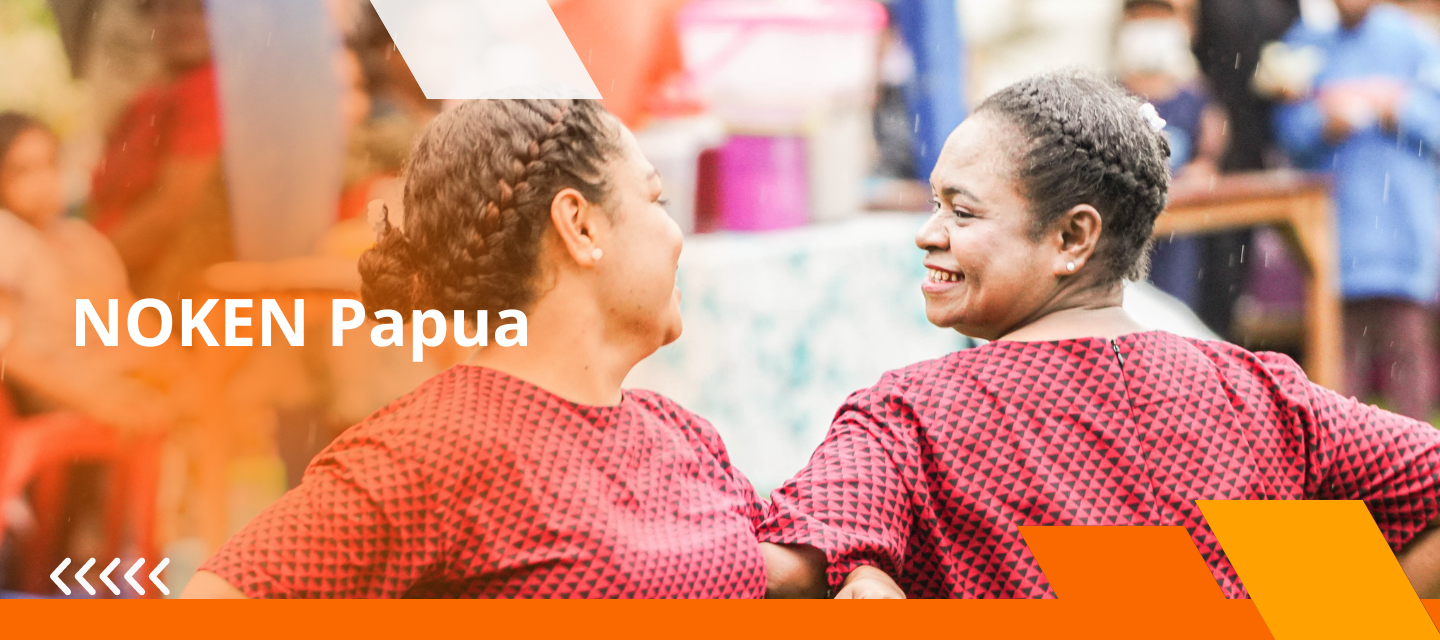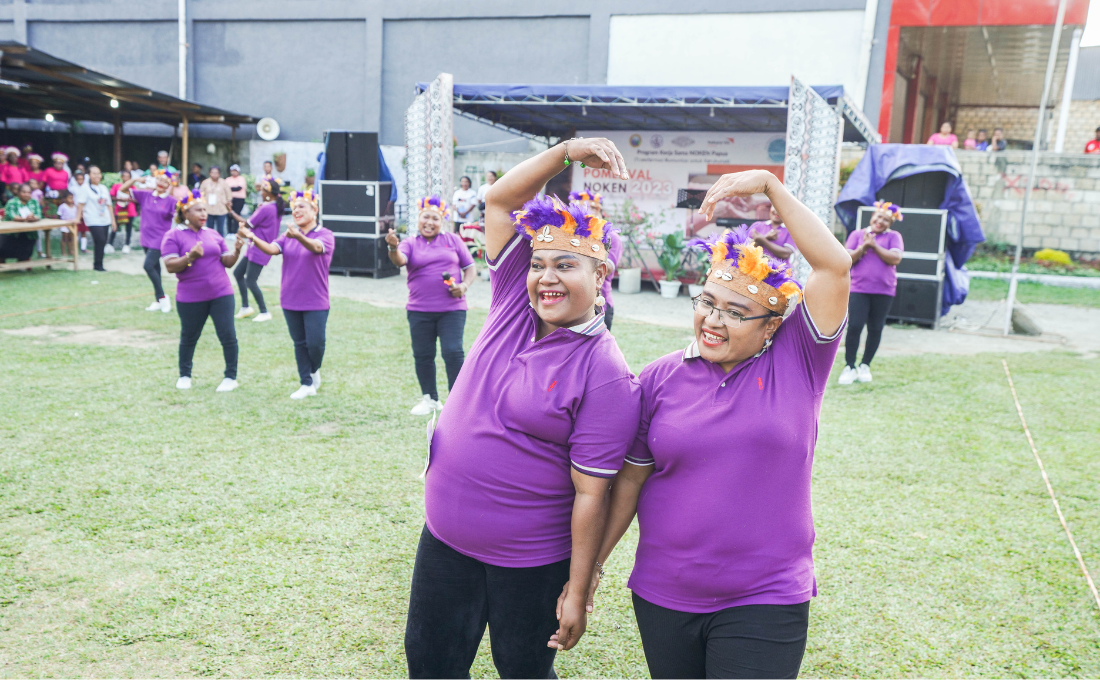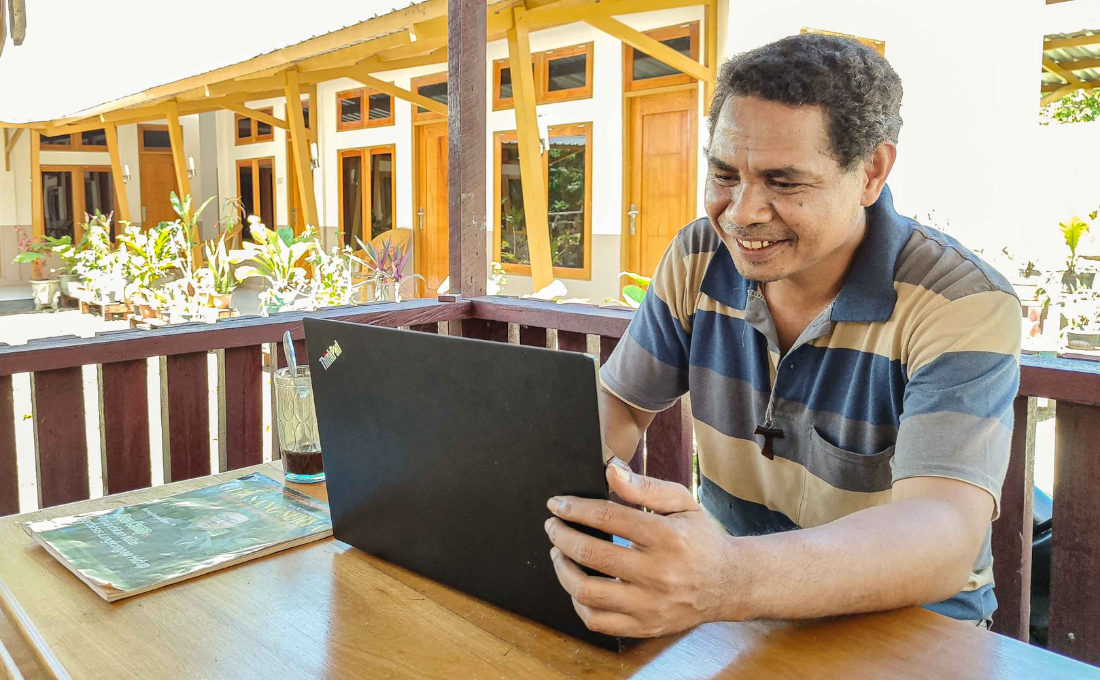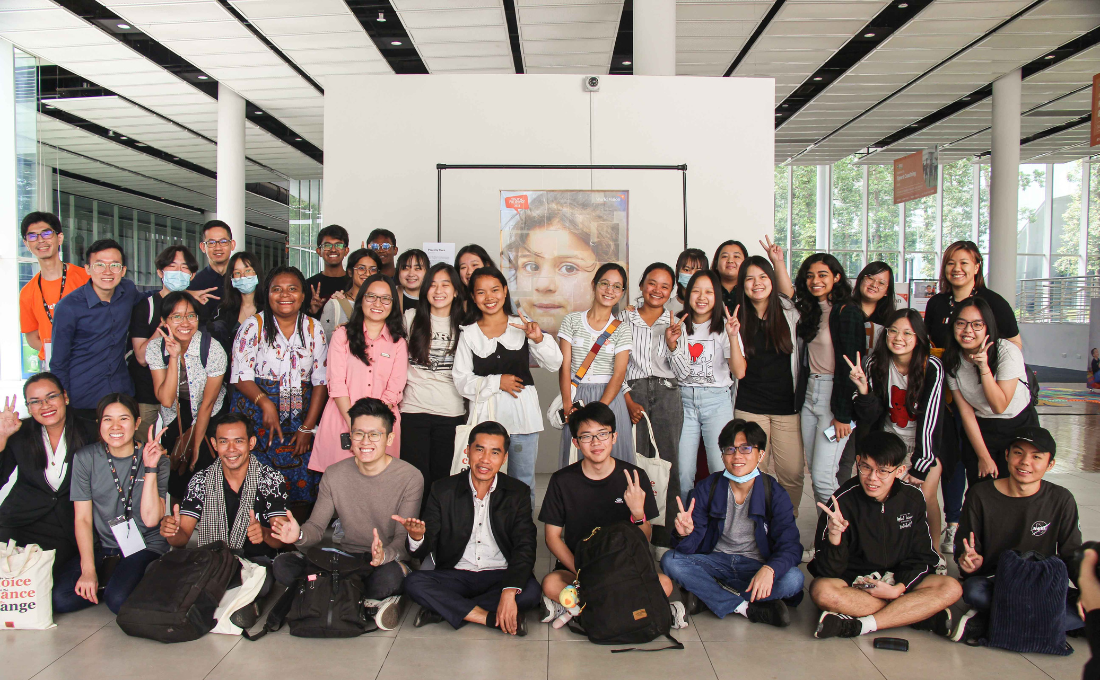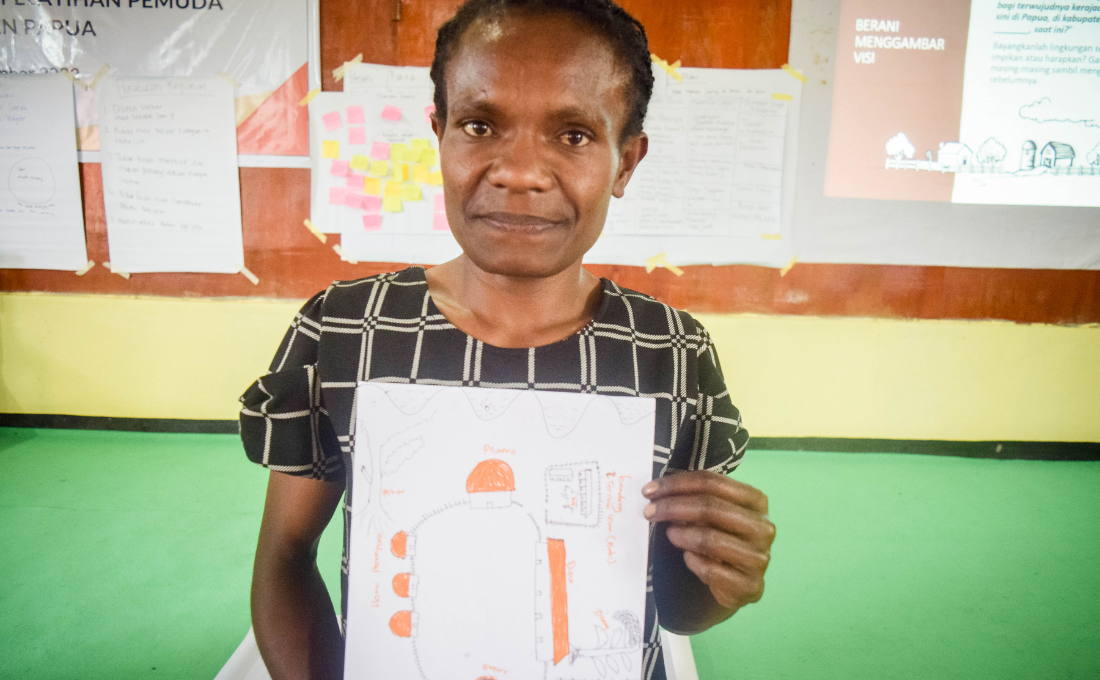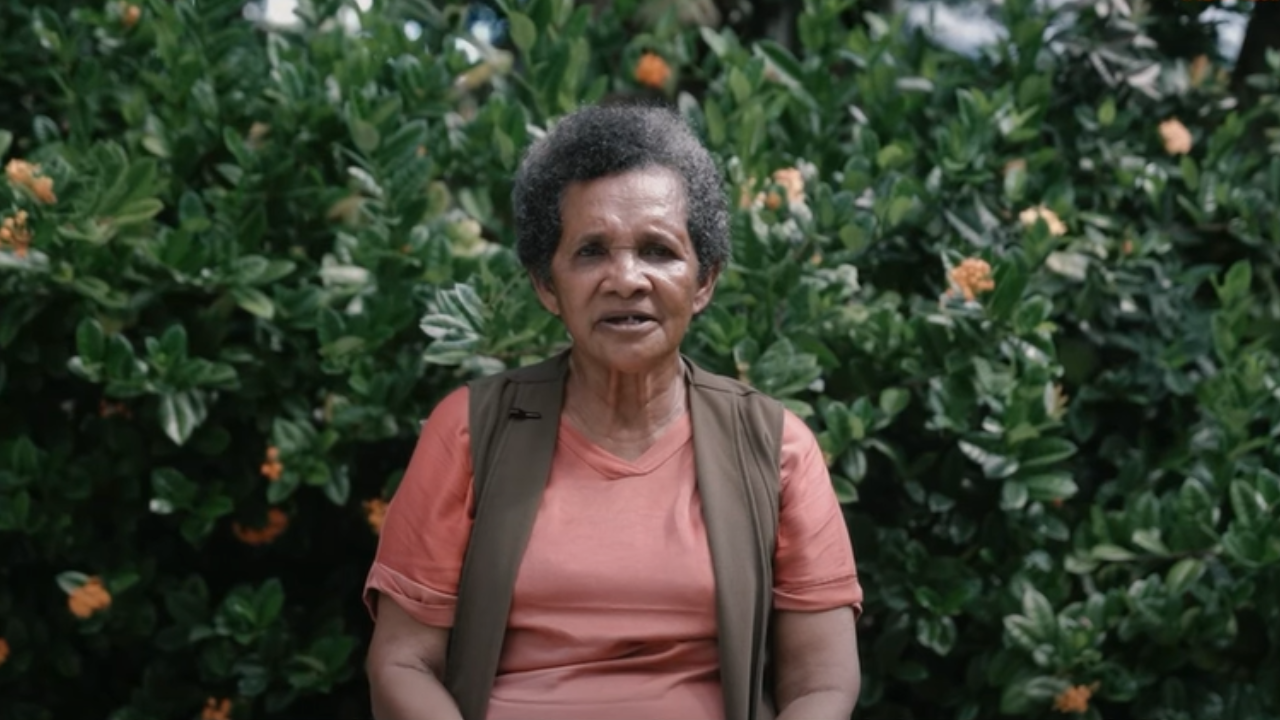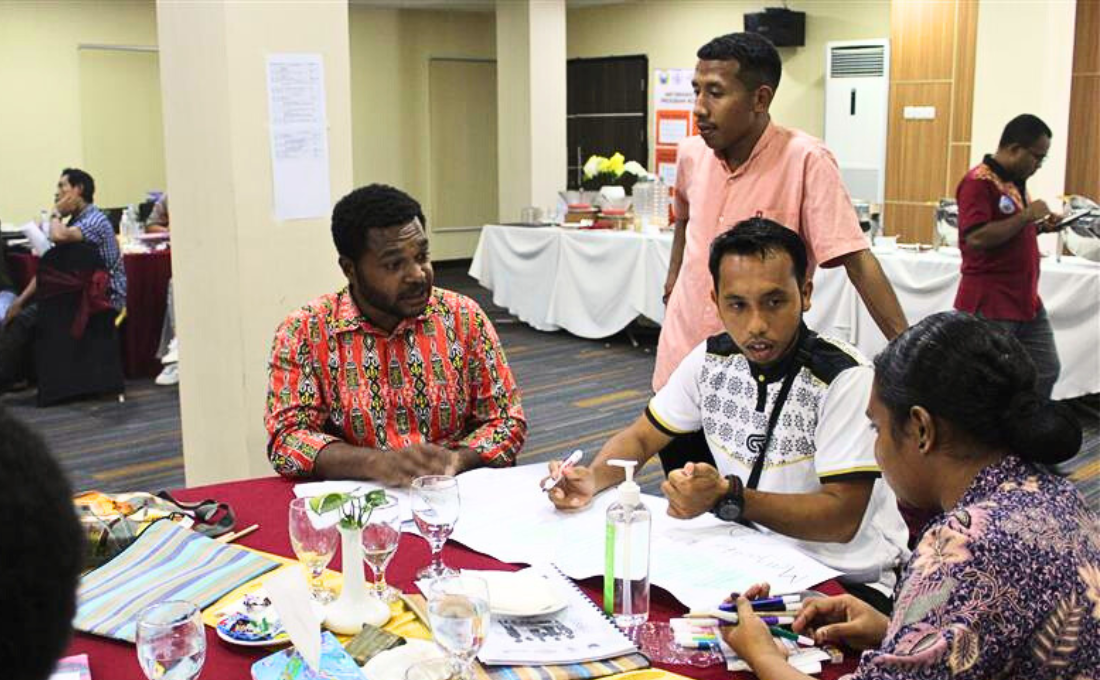About NOKEN Papua
NOKEN Papua is one of WVI's programs that contributes to developing a safe environment for children. Through the NOKEN Papua program, WVI and its partners want to increase the community's capacity to seek and maintain harmony and improve relations between communities.
WVI has been present in Papua for more than 40 years. WVI is committed to remaining focused on child welfare. WVI realizes that violent conflict hurts children's living environment.
WHY IS IT CALLED NOKEN?
NOKEN stands for Community Transformation for Harmony. The name NOKEN itself is taken from the name of a typical Papuan bag knitted using bark fiber. This bag is commonly used to carry garden products for trade and symbolizes a good life, peace, and fertility.
Who is involved in this program?
Wahana Visi Indonesia collaborates with several partners, namely the Synod of the Evangelical Christian Church in the Land of Papua (GKI TP), the Indonesian Gospel Camp Church (GKII) Region 4, the Secretariat of Justice, Peace & Integrity of Creation (SKPKC) Franciscan Papua. The targets are youth groups (16-35 years old), women's groups, and community leaders.
Where and when does the program take place?
The program takes three years in 3 districts (Jayapura, Jayawijaya, and Biak Numfor) (February 2022-January 2025).
What is unique about the NOKEN program?
All WVI programs have the same goal: community empowerment. In the spirit of preventing violent incidents that often victimize women and children, the NOKEN program aims to contribute to building the capacity of youth, women, and community leaders to prevent violent conflict, manage conflict positively, and maintain harmony between communities. The NOKEN program does not intervene or get directly involved when conflicts occur in the community.
What are the objectives of the program?
Strengthen the capacity of youth and women to maintain harmony and tolerance between communities; Strengthen the capacity of community leaders to develop culturally sensitive dialogue and systems that prevent conflict and promote harmony between communities; and increase social cohesion (trust and togetherness) in the community.
What are the benefits of this program?
The community's benefits include an increased capacity for recognizing identity, compassionate communication, opportunities, assets, and a shared vision within the group, which can help manage conflict and maintain harmony. This capacity building is done with the Empowered Worldview module "Building Harmony."
